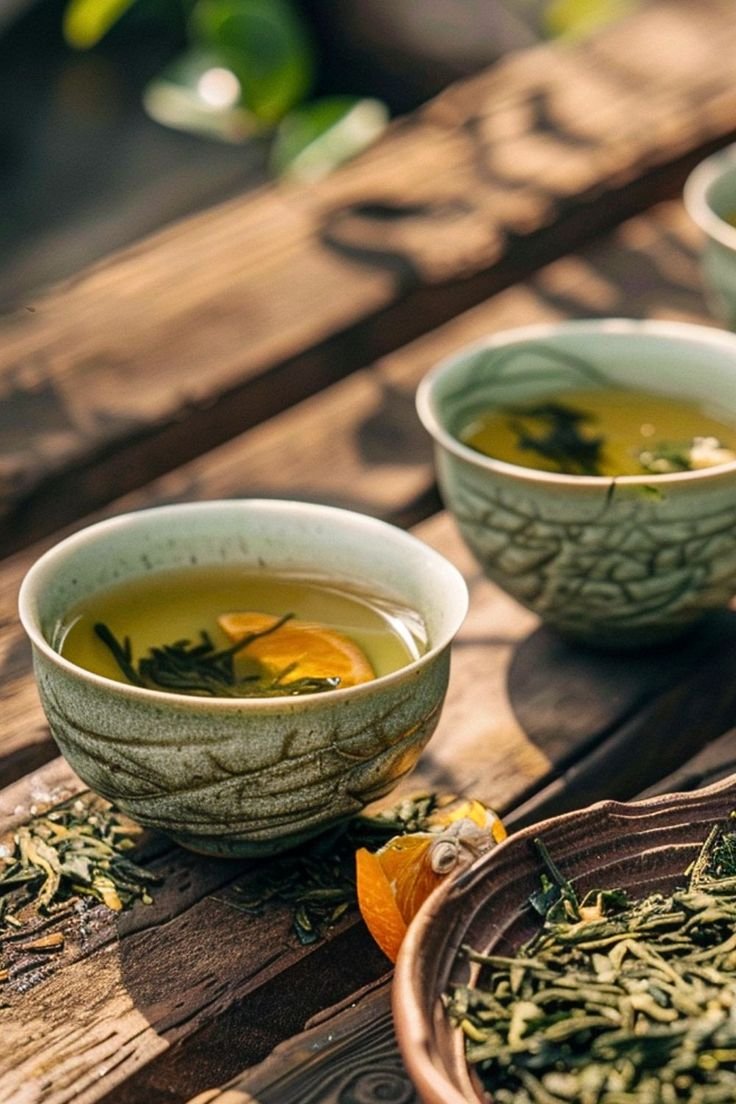How Nutrition Supports Brain Health In Older Adults
As we grow older, our bodies and minds undergo natural changes. One of the most significant areas affected by aging is the brain. Cognitive functions such as memory, focus, and learning can decline over time, but the good news is that lifestyle choices—especially nutrition—can play a powerful role in supporting brain health.
The brain, like any other organ, needs the right fuel to function at its best. Without proper nourishment, older adults may experience mental fatigue, memory lapses, or mood swings. Fortunately, simple changes in daily eating habits can make a meaningful difference.
In this article, you'll discover how proper nutrition supports brain health in older adults and how small, consistent choices can help maintain mental clarity and emotional well-being well into the golden years.
No. 1
Why the Brain Needs the Right Food
The brain is one of the most energy-demanding organs in the body. Even while we sleep, it remains active—processing memories, regulating body functions, and preparing us for the day ahead. To perform these tasks efficiently, the brain requires a constant supply of nutrients.
For older adults, eating meals rich in vitamins, healthy fats, and proteins helps maintain cognitive function and emotional balance. Conversely, poor dietary choices can lead to brain fog, slower thinking, and even mood disorders.
Just like a car runs better with high-quality fuel, the brain performs best when it receives the nutrients it needs. A well-balanced diet can help seniors stay mentally sharp, emotionally stable, and physically energized.
No. 2
Foods That Boost Brain Power
Certain foods are especially beneficial for brain health because they contain nutrients that protect brain cells, support memory, and reduce inflammation. Including these brain-boosting foods in a daily diet can help older adults maintain cognitive vitality.
Top Brain-Friendly Foods:
Leafy Greens: Vegetables like spinach, kale, and Swiss chard are rich in vitamins A, C, and K, which help protect brain cells from damage.
Fatty Fish: Salmon, mackerel, and sardines are excellent sources of omega-3 fatty acids, which are essential for memory and overall brain function.
Eggs: Packed with choline, eggs support neurotransmitter function and help with learning and focus.
Berries: Blueberries, strawberries, and blackberries are loaded with antioxidants that combat oxidative stress and slow brain aging.
Nuts and Seeds: Almonds, walnuts, flaxseeds, and chia seeds provide healthy fats and vitamin E, which are linked to improved brain performance.
Whole Grains: Brown rice, oats, and quinoa offer steady energy and support blood flow to the brain.
Water: Staying hydrated is crucial. Even mild dehydration can lead to fatigue and forgetfulness.
In addition, reducing sugar intake helps keep blood sugar levels stable, which supports clearer thinking. Avoiding salty snacks and fried foods can also lower the risk of cognitive decline.
No. 3
Smart Habits Make a Big Impact
In addition to choosing the right foods, developing healthy eating habits can further enhance brain health. Consistency and mindfulness around meals play a key role in how the body and brain absorb and utilize nutrients.
Helpful Eating Habits for Seniors:
Eat at regular times: Keeping a consistent meal schedule helps maintain energy and mood.
Never skip meals: Especially breakfast, which jumpstarts the brain for the day.
Smaller, balanced meals: Eating smaller portions with healthy snacks in between prevents energy crashes.
Cook at home: Preparing meals at home allows better control over ingredients and portion sizes.
Eat slowly and mindfully: This helps with digestion and allows the brain to register fullness, promoting calmness and satisfaction.
Over time, these simple habits can lead to significant improvements in both physical and mental health. One effective approach is to follow diet tips for brain health while aging, which emphasize balanced, nutrient-rich meals tailored to the needs of older adults.
Thrive Market
Healthy living made easy!
Shop Thrive Market for organic groceries, sustainable products, and everyday essentials—all delivered to your door.
Save money, live well.
No. 4
Making Better Food Choices Every Day
Eating for brain health doesn’t have to be complicated. Even small changes can have a big impact. Replacing processed foods with whole, nutrient-dense options is a great place to start.
Easy Ways to Improve Daily Nutrition:
Swap white bread for whole grain alternatives
Add a serving of vegetables to every meal
Choose fresh fruits over sugary desserts
Plan meals ahead to avoid last-minute unhealthy choices
Keep a list of go-to brain-healthy foods for easy shopping
Consult with a healthcare provider or nutritionist for personalized guidance
With time and consistency, these changes become second nature. Seniors and caregivers alike can take comfort in knowing that each healthy choice contributes to better brain function and overall vitality.
No. 5
Eating for a Brighter Mind at Any Age
What we eat has a profound effect on how we think, feel, and function—especially as we age. A nutrient-rich diet supports sharper thinking, steadier moods, and stronger memory. By understanding how proper nutrition supports brain health in older adults, families and caregivers can empower their loved ones to live fuller, more vibrant lives.
The right foods do more than nourish the body—they offer strength, clarity, and joy. Healthy eating is one of the most accessible and powerful tools we have to support brain health at any age.
Takeaways
Aging may be inevitable, but cognitive decline doesn’t have to be. With the right nutrition, older adults can protect their brain health, maintain independence, and enjoy a higher quality of life. From leafy greens and omega-3-rich fish to mindful eating habits and hydration, every choice matters.
By incorporating brain-friendly foods and smart habits into daily routines, seniors can stay mentally sharp and emotionally balanced. And for families and caregivers, supporting these choices means helping loved ones age with dignity, strength, and joy.
Looking for Wellness resources?
Are you looking to enhance your wellness routine? Explore our wellness partners who offer a wide range of resources to support your journey toward holistic living and well-being.































